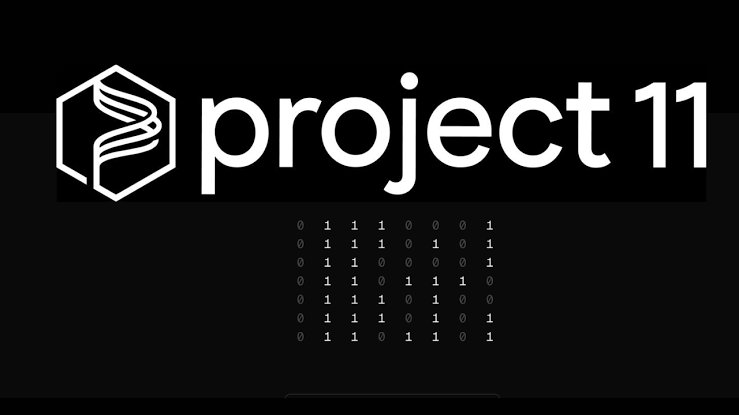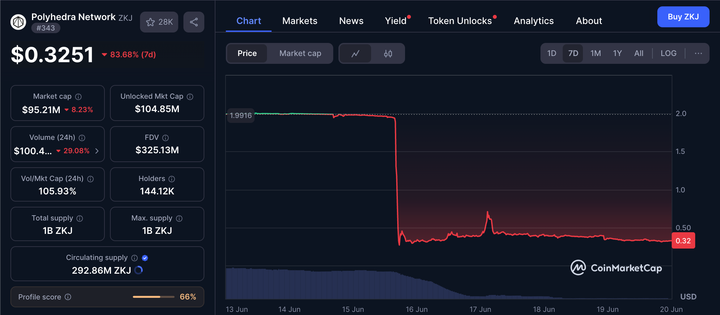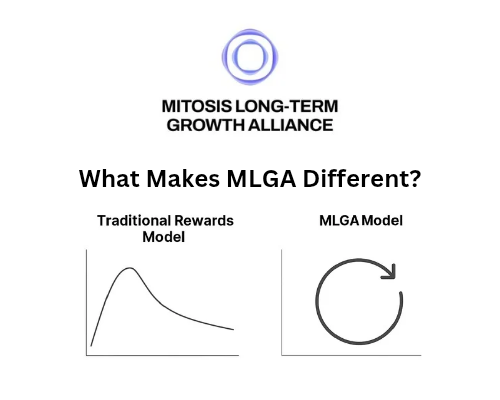Project Eleven Raises $6M to Protect Bitcoin from Quantum Computing Threats

A new chapter in cryptocurrency security is unfolding. Project Eleven, a startup focused on protecting Bitcoin and other digital assets from the looming threat of quantum computing, just raised $6 million in seed funding. Announced on June 19, 2025, this funding round was led by Variant Fund, a Web3 investor, and Quantonation, a first-time investor in crypto with a background in quantum tech. Other backers included Castle Island Ventures, Nebular, and Formation.
The goal? To develop and roll out practical tools that defend Bitcoin from future quantum attacks—without forcing immediate or complicated changes to the Bitcoin network itself.
Why Quantum Computing Could Put Bitcoin at Risk
Bitcoin’s security relies on a type of encryption called ECDSA (Elliptic Curve Digital Signature Algorithm). It protects users by letting them prove ownership of their funds through private keys, while the network verifies transactions with public keys.
Right now, cracking ECDSA with today’s classical computers is basically impossible. But quantum computers, which use the strange laws of quantum physics, could change the game. In particular, an algorithm called Shor’s algorithm could break ECDSA’s encryption, exposing private keys and allowing hackers to steal Bitcoin.
Project Eleven points out a worrying fact: over 10 million Bitcoin addresses holding about 6.26 million BTC (that’s roughly $648 billion) have public keys already visible on the blockchain, making them vulnerable once quantum computers reach the necessary power.
Is This Risk Immediate or Far Off?
There’s some disagreement in the crypto world about how urgent the quantum threat really is. Some, like MicroStrategy’s Michael Saylor, think quantum computers will first disrupt centralized systems like banks, giving decentralized networks more time.
But governments aren’t taking chances. The U.S. National Security Agency wants all its systems to be quantum-resistant by 2035, and new equipment must support quantum-safe encryption starting in 2027. Similarly, the National Institute of Standards and Technology (NIST) aims for broad adoption of post-quantum cryptography within the next decade.
Project Eleven’s CEO, Alex Pruden, puts it simply: “It’s not a question of if quantum computers will be a threat, but when.”
Yellowpages: A User-Friendly Quantum Shield for Bitcoin
One of the biggest challenges with defending Bitcoin against quantum attacks is that the network itself is slow to change. Hard forks or major upgrades can take years and face heated debates.
Project Eleven’s answer is Yellowpages—a cryptographic registry that lets users create new quantum-resistant keys and link them securely to their current Bitcoin addresses, all off-chain. This way, if ECDSA is ever broken, users have a backup method to prove ownership and protect their funds.
Yellowpages uses lattice-based cryptography, which experts believe will withstand quantum attacks. And because it doesn’t require an immediate change to Bitcoin’s blockchain, users can take action individually and at their own pace.
Building Trust and Working with the Community
Yellowpages has undergone security audits by Cure 53, a well-known cybersecurity firm, with results expected soon. Project Eleven is also talking with Bitcoin Core developers to explore ways to integrate Yellowpages into wallet software, making it easier for users to adopt quantum-safe protections.
This step-by-step, collaborative approach fits with what many experts say: quantum defenses need to be built gradually before quantum computers become powerful enough to threaten Bitcoin.
The Q-Day Prize: A Real-World Quantum Challenge
To better understand how close quantum computers really are to cracking Bitcoin’s security, Project Eleven launched the Q-Day Prize in April 2025. The prize offers 1 BTC to whoever can break an ECDSA key using a quantum computer by April 2026.
It’s a bold move to stress-test Bitcoin’s cryptography and get concrete data on quantum progress. It also highlights Project Eleven’s bigger mission: building quantum-safe infrastructure not just for Bitcoin, but for digital assets, secure messaging, and decentralized communication tools.
Why Now? The Quantum Race is Heating Up
The $6 million will help Project Eleven grow its team, push Yellowpages adoption, and work on new post-quantum standards. The need is real—tech giants like Google, IBM, and startups such as PsiQuantum are making fast strides.
Google’s Willow chip recently performed a calculation in five minutes that would take classical supercomputers an unimaginable 10 septillion years, showing just how quickly quantum tech is advancing.
With companies pumping millions into quantum computing, the crypto world can’t afford to sit still.
A Turning Point for Crypto Security
Bitcoin has faced plenty of challenges—market crashes, government crackdowns, and skepticism from many corners. But quantum computing could be the biggest test yet.
Project Eleven’s work is a reminder that preparing early matters. Bitcoin’s decentralized nature and slow governance mean any big protocol change takes time. That’s why tools like Yellowpages, which empower users directly, are so valuable.
Alex Pruden also sees business opportunities in this shift, like building wallet infrastructure that helps people move to quantum-safe keys easily. Though how Project Eleven plans to monetize long-term isn’t clear yet.
The Skeptics: Is the Quantum Threat Overhyped?
It’s true that today’s quantum computers are limited—usually running a few hundred stable qubits, far from the millions needed to break strong encryption like RSA-2048 or ECDSA. So some experts say the danger is overstated for now.
But with government agencies and serious investors backing projects like Project Eleven, the crypto industry is clearly taking the risk seriously. The next five to ten years will be critical.
Closing thoughts
As quantum computers evolve, the way we protect digital assets must evolve too. Project Eleven’s Yellowpages is an early and practical step to future-proof Bitcoin and beyond.
For anyone holding cryptocurrencies, understanding and preparing for quantum risks is becoming more important by the day.
References













Comments ()